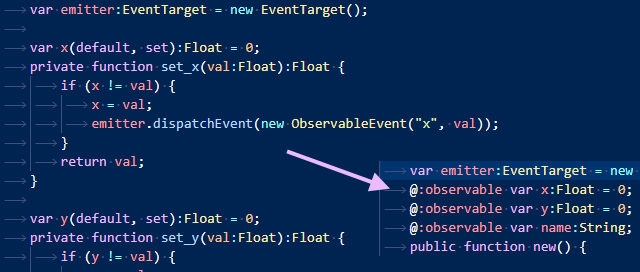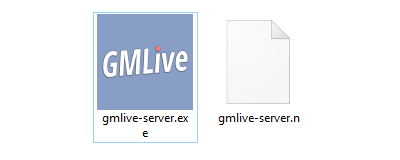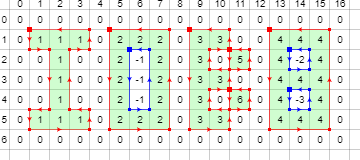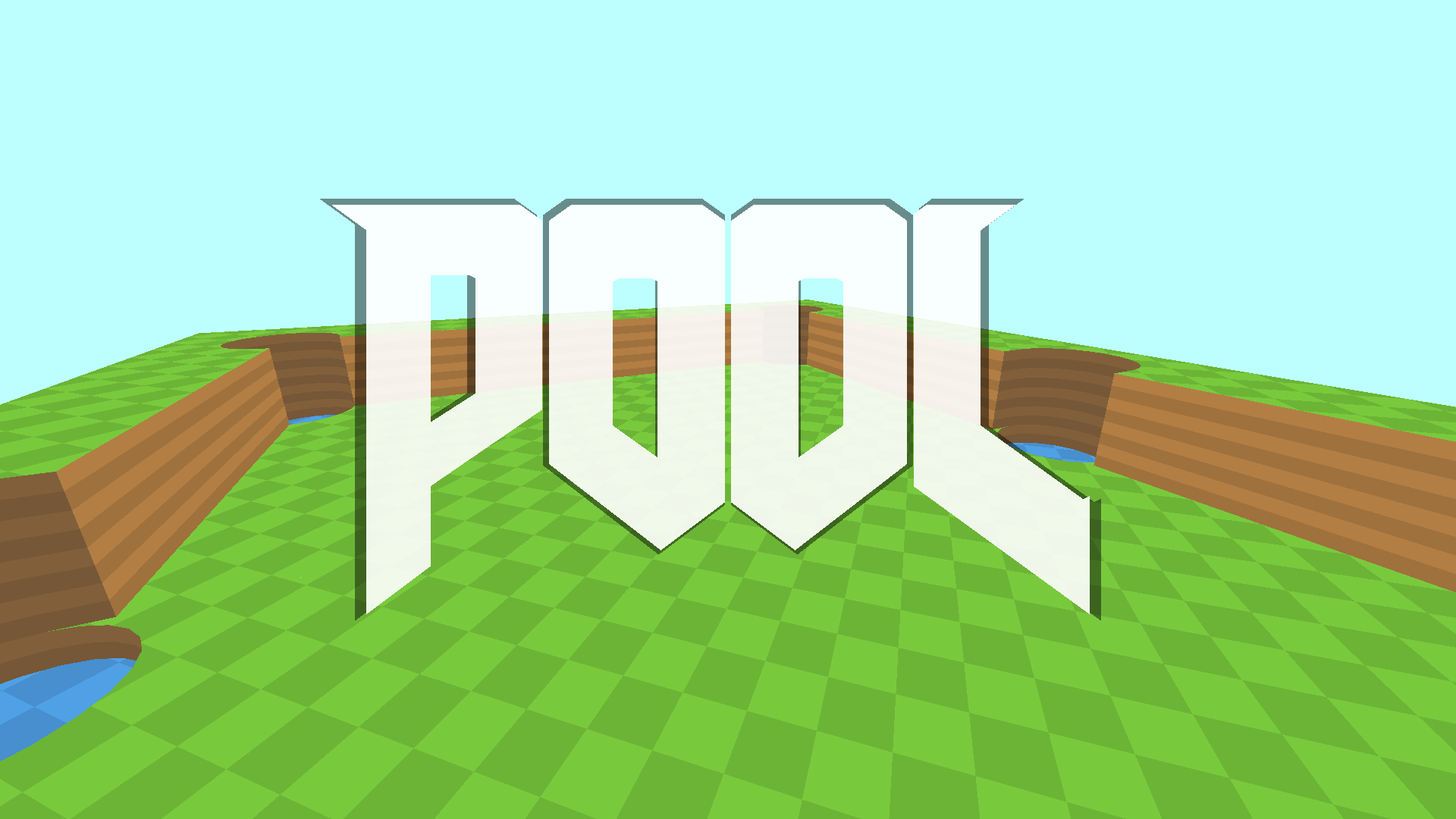
Ever find yourself thinking "I wish I could quickly print the contents of this byte buffer somewhere"?
Continue reading⚂ And what do you sync about it

Ever find yourself thinking "I wish I could quickly print the contents of this byte buffer somewhere"?
Continue reading

This is a little post about using Haxe's macro class {} reification syntax to make it easier to write macros that make it easier to write your code.
Continue reading

This is a little post about how to give your Haxe-Neko (or just Neko VM) executables (made using nekotools boot) a custom icon on Windows.
Continue readingI released a new tool today! It takes pixel font "tilesets" and converts them into actual TTF fonts! It is also 100% web-based, meaning that you can try it out right now. And this post details the development process for it. Also it doesn't have a catchy name for now since I've not come up with a good pun yet.
Continue reading

This is a small post about the algorithm I wrote for the recent pixel font tool to establish paths of shapes and holes on the image.
Continue reading

Recently someone pointed out that they never knew that GMEdit was made in Haxe, and that you often don't even know that something was made in Haxe. Which is a pretty good point - for instance, you might suspect that a lot of things that I do have some parts of them written in Haxe, but never exact.
So, as for my activities, I looked over the local projects and formed a semi-comprehensive list of which of my works to date were made in Haxe, and to what extent (excluding ones still under non-disclosure agreements, obviously).
Also includes an opening on why I like Haxe anyway.
Continue readingSometimes I have one or other semi-obscure Haxe question, find nothing via search, and think "I feel like I asked about this before somewhere". And sometimes it turns out that yes, I did, but it usually takes a while to find what project houses the solution code, or where did I ask it.
This post is a small dump of such questions, mostly eventually self-answered.
Continue readingFor a little while now, I was working on a new thing - a program that would allow to test GameMaker code right in your browser. It is now complete, published, and is pretty cool.
You can either check it out right now or continue reading for development details and a bunch of demonstrations of it in action.
Continue reading

Game's title screen
This week a One Script Games jam was held on GameMaker forums. In short, the rules are that the entire game must be done inside a single script (function), which is then called once per frame, and must make use of built-in functions to store and process all needed information.
While potentially a little quirky, this seemed like an interesting challenge, so I made a game for it.
The result is a mini-FPS that is a mix of Doom, Quake, and a particular cue sport.
You can download it right now or read the full post for technical details.
Continue readingI've recently stumbled upon this little macro by Justo Delgado. It takes an "enum abstract" and sets the values of it's constant-fields incrementally. This brings up an interesting point.
See, in C, you can leave out the values and have them assigned automatically (0, 1, 2, ...), set the values manually, or mix the two, having the values continue "upwards" from the last specified value. So, for example, if I have this,
enum class Op { Add = 0x90, Sub, Mul = 0xA0, Div, Mod, };
Op::Div will be equal to 0xA1, which is convenient, and allows grouping enum constants together (in this case storing operator priority in the upper 4 bits).
Haxe doesn't have that "out of box", unfortunately - either you make an actual enum and have the values assigned automatically, or make an @:enum abstract and assign the values manually.
But, of course, that can be fixed with a macro.
Continue reading